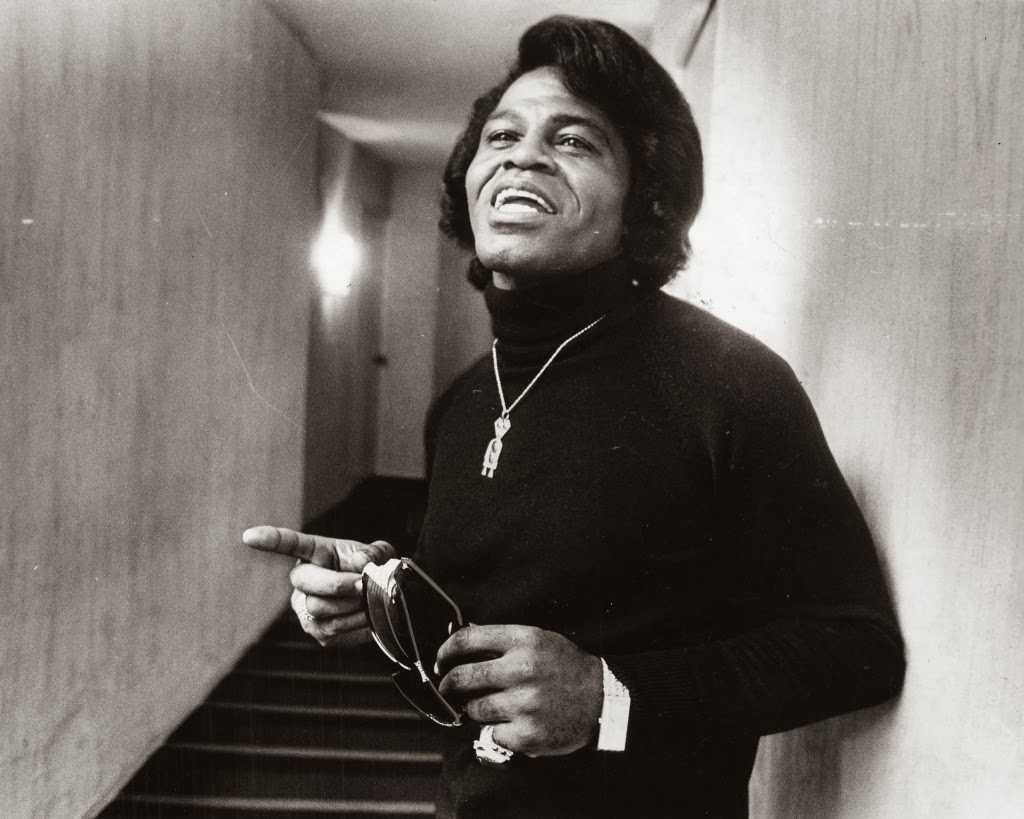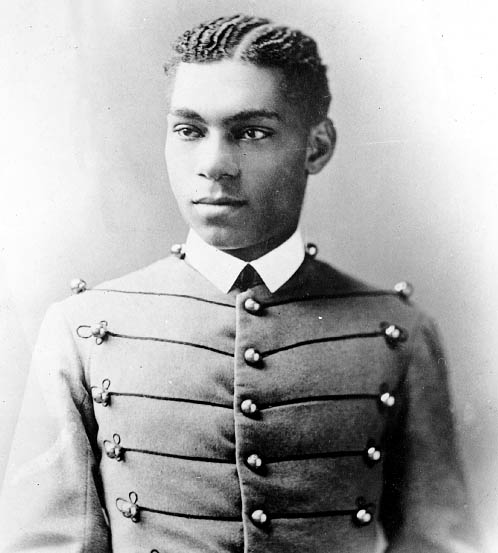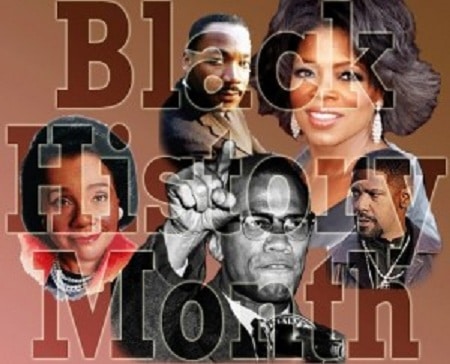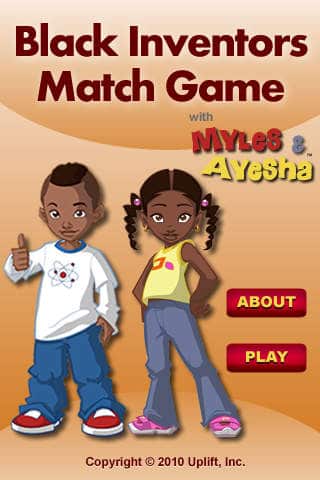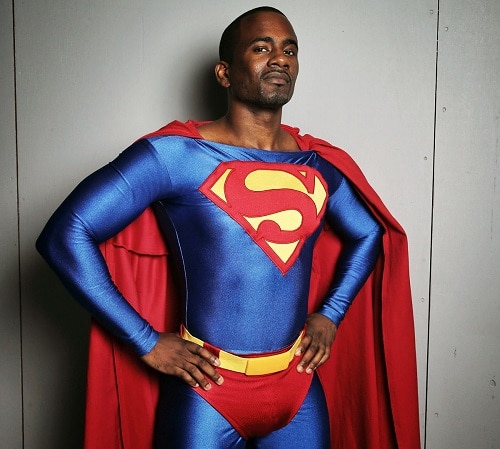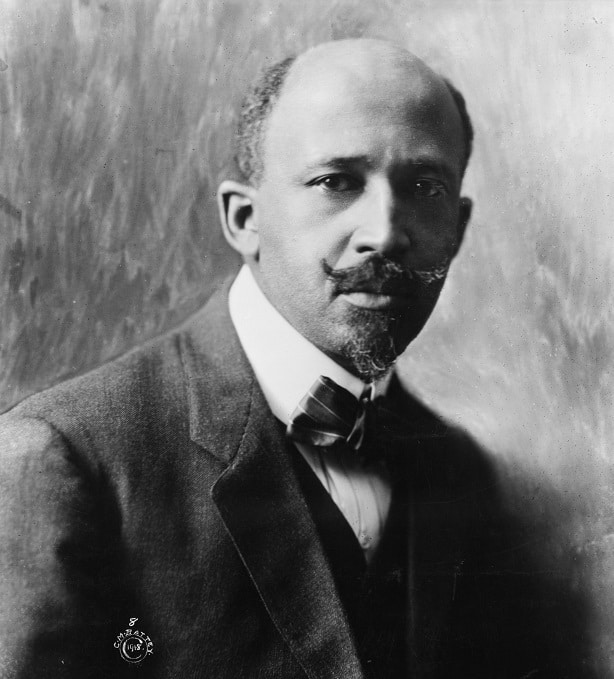Embrace Intelligence and Blackness
A debate has recently ensued over “The Acting White Theory,” suggesting Black students are less inclined to be studious and smart because it is associated with being white. This theory originated in the 1980s with anthropologist and former professor at University of California Berkeley, Dr. John Ogbu’s research. It is commonly used to explain the present-day achievement gap between Black and white students, according to theroot.com.
Although this theory has been cited by President Obama as a call to action to bring education and intellect into our communities, author and Georgetown University professor Michael Eric Dyson pushes back, believing that these anti-intellectual stereotypes of Black youth are not founded in reality.
Researchers over the last three decades have consistently found that Black students have more positive attitudes about education than their white peers, although academic achievement is lower overall, theroot.com reports.
Blerds have created their own space to support Black intellectual creative abilities, and the desire for achievement in our communities.
Separate From Stereotypes of Black Culture
In today’s culture, Blackness is confined to a small scope. Modern-day images of Blackness often revolve around star athletes, hip-hop moguls, gangsters or TV housewives and baller’s baby’s moms. Oftentimes, these stereotypes reinforce accepted violence, hatred and ignorance against African-Americans.
On Aug. 9, 2014, Michael Brown, an unarmed African-American teenager who a witness says raised his hands in surrender, was shot and killed by police in Ferguson, Missouri. Racial profiling may have led to his death and his race may have also influenced stories shared in the media about his possible criminal involvement, in attempt to justify and excuse the blatant disregard for his life.
Blerds have created their own space to separate from the stereotyped images of the Black culture and find sanctuary in the freedom to be who they were born to be.
Pay Homage to Intellectual Predecessors
African-American intellectual Blerds, such as sociologist and activist W.E.B. Du Bois, educator and orator Booker T. Washington, academic and activist Cornel West and President Obama, all pushed the envelope, advocating the advancement of African-American rights, specifically, opportunities to higher education, reform of the criminal justice system, the end of the school-to-prison pipeline, and access to higher political office.
Blerds’ expression of themselves as intellectuals in their own space pays homage to the Black intellectuals, innovators and achievers that came before them.
Define Themselves and Their Narratives
Since 2002, Black journalists in the U.S. have lost 993 newsroom jobs, more than any other minority groups, according to The National Association of Black Journalists.
In An Open Letter to America’s Black Journalists, Eric L. Wattree, a Los Angeles journalist, declares that Black journalists do have a special and unique mission — to educate and help the Black community connect the dots and understand the complex structures of exploitation, prejudice and disenfranchisement of Black people in mainstream society.
As the number of employed Blacks dwindle across all sectors, it is even more imperative to create our own spaces in which we can thrive and support. Blerds have created their own space to define themselves and share their own narratives.
Document Their History For All Time
In today’s modern world, Africans and African-Americans have been misidentified by mainstream thought as inferior, lacking the skills, education and the drive necessary to succeed.
The little-told narratives of our ancestors , who created mathematics, martial arts, universal education and more, highlight the true nature of people of African descent, according to Atlanta Blackstar article, “When Black Men Ruled the World.”
Blerds have created their own spaces to document our successes so that our history is never again forgotten.

